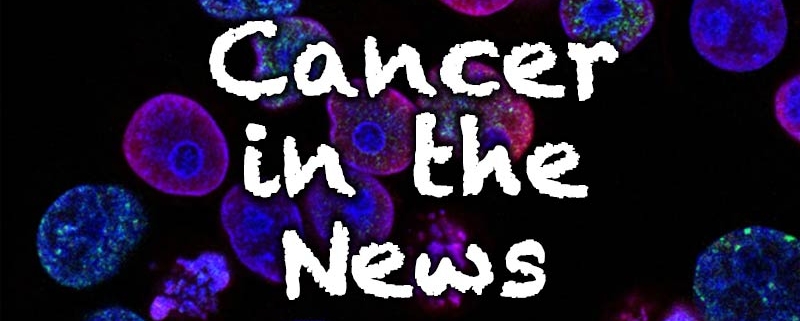Treatment options for HER2+ breast cancer, brain metastases, and TNBC
10th issue
This issue focuses on current/new western medicine treatment options for HER2+ breast cancer, brain metastases, and TNBC…
• Single Dose Radiotherapy as Effective as Conventional Therapy for Patients with Breast Cancer
“Early results of using single dose TARGIT-IORT during lumpectomy were promising, and the treatment was found to have advantages for the patient, such as convenience, reduced travel and personal costs, improved quality of life, and fewer side effects,” wrote the researchers.
My two cents: If less radiation can be just as effective as more radiation, than less is more, especially in light of side effects and toxicity.
• Practicing Oncologists Debate New Tactics for Brain Metastases in HER2+ Breast Cancer
“The conversation revolved around the primary and subgroup analysis of 3 studies, each of which included patients with brain metastases
- HER2CLIMB (NCT02614794) evaluated tucatinib (Tukysa) in combination with trastuzumab (Herceptin) and capecitabine (Xeloda) for patients with advanced unresectable or metastatic HER2-positive breast cancer who have received 1 or more prior anti–HER2-based regimens in the metastatic setting.1,2
- DESTINY-Breast01 (NCT03248492) assessed fam-trastuzumab deruxtecan-nxki (Enhertu) in patients with unresectable or metastatic HER2positive breast cancer who have received 2 or more prior anti–HER2-based regimens in the metastatic setting.3,4
- NALA (NCT01808573) assessed neratinib (Nerlynx) plus capecitabine in patients with metastatic HER2-positive breast cancer who received 2 or more prior anti–HER2-based regimens in the metastatic setting.5,6”
My two cents: Discussion by various oncologists on three recent drug approvals I’ve already covered for Her2+ brain metastases. Having new options is good.
• Targeted Radiation Wins for Treating ‘Numerous’ Brain Metastases
“ Stereotactic radiosurgery (SRS) for cancer patients with four to 15 brain metastases staved off cognitive decline better than conventional whole-brain radiation therapy (WBRT), while yielding similar survival outcomes, a randomized trial found.”
My two cents: I was diagnosed with 9 leptomeningeal brain mets/tumors and I was offered whole-brain radiotherapy (WBRT). I declined because of the severe negative side effects. However, because I had so many and they were so spread out, I was not eligible for targeted radiation (SRS). So, with a combination of cannabis and meditation, 4 of the tumors completely disappeared, leaving 5 clustered together. I was then eligible for SRS, which I had on the remaining five. I’ve ben NEAD ever since. I temporarily lost some hair and had some brain fog but that was it.
• Novel Agents for Metastatic Triple-Negative Breast Cancer: Finding the Positive in the Negative
“Triple-negative breast cancer (TNBC), conventionally defined as breast cancer that does not express the estrogen receptor, progesterone receptor, and HER2, accounts for approximately twenty percent of breast cancer.1 TNBC often presents in an aggressive manner, with advanced stage at diagnosis in many cases, and a propensity for the development of distant metastases.2 Median overall survival (OS) for metastatic TNBC (mTNBC) is 15 months.”
My two cents: A triple-negative diagnosis can be scary. But this overview of treatment options covers some of the newer ones, presenting new hope. Discuss them with your oncologist.
Cancer in the News has a posting frequency of once every two weeks, usually on Wednesday.

